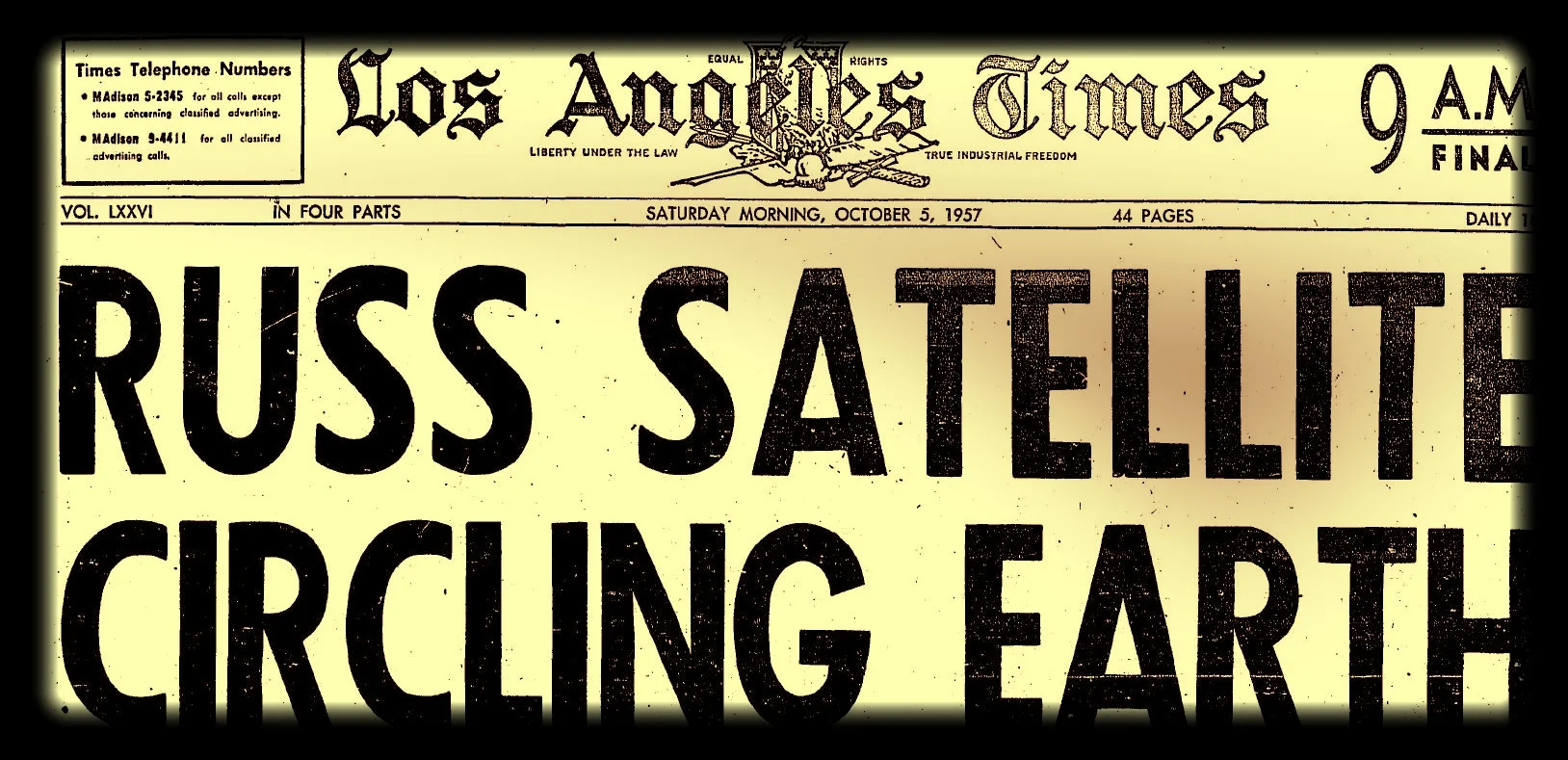The mental model of a unified government “orchestrating” the economic instrument of power is fundamentally misleading. Rather, the more appropriate “mental model” to describe the milieu of the economic instrument is as a network of a variety of entities, and even more specifically to describe that milieu as a complex adaptive system. Behaviors in such a system are inherently decentering– no single node in the system predominates. Understanding how the economic instrument can operate in this system also requires understanding the rest of the elements and their interconnected interdependencies.
David or Goliath? How Thinking Like a Small Nation Can Help Counter China
The continued posturing of the United States as the main geopolitical power represents a grave strategic misstep against the rising power of China. This posture overcommits resources to a narrow conception of warfare that then limits the availability of options. If, however, the U.S. were to strategize as a smaller, less wealthy nation, it may develop the strategic flexibility required to counter China.
The Topography of Geopolitics: Net Resources and the Past, Present, and Future of American Power
Net resources offer an additional insight into historical, present, and future trends of the global balance of power, enhancing and expanding our understanding of great power politics and competition. They can be a modern-day oracle—imperfect and imprecise, but nonetheless useful…The concept of net power resources and what it indicates is relevant, and deserves closer analysis by those wishing to understand the topography of the past, present and future geopolitical challenges.
Strategic Failure: America is (Literally) Missing the Boat Competing with China
As the name suggests, great power competition—the newest focus of the U.S. Department of Defense—is about power. However, despite the recent fetishization of great power competition within the defense community, few people give serious thought to what power is and how great powers wield it to compete. In today’s great power competition with the People’s Republic of China, American strategists appear stuck focusing on archaic instruments of power and power projection to the detriment of national security. The Department of Defense spends billions on military hardware while rhetoric and neglect undermine the political partnerships and economic integration on which American power is based. Strategists pay lip service to strengthening alliances, then trumpet a foreign policy of “America first.” They highlight creating new partnerships, but fail to consider the economic and financial tools that establish genuine interdependence and influence. China is using a variety of initiatives to make advances across the globe while the United States is missing the boat.
A War By Other Means?
#Reviewing Titan: The Art of British Power in the Age of Revolution and Napoleon
The titanic struggle between Britain and France (and their respective allies) has been told many times, but the narrow focus here on Britain’s use of power is a welcome addition indeed, and Titan builds a compelling case for what made British victory possible. It will certainly prove useful to strategists and foreign policy practitioners, for while much has changed in the realm of war and diplomacy since the early nineteenth century, the need for smart power will not be ending anytime soon.
Balanced Statecraft
Perhaps no one expects the oratory of Franklin Roosevelt, John Kennedy, or Ronald Reagan, but Americans should expect a reasonable amount of substance regardless of political optics. Such efforts can bridge the discussion of strategy and force the next president to think harder, deeper, and chart a clear course for America in a changing world.
Sea Power: A Personal Theory of the Power of Opportunity
Air and land power leave monuments to teach us of their authority: from the House of Commons’ bomb-scorched archway to the nation-wide wreckage of the Syrian Civil War. Sea power’s traces are washed away by its namesake — no rubble marking the battle of USS Monitor vs. CSS Virginia nor shattered remains of the convoys from the Battle of the Atlantic. The power with which the sea consumes is the same power with which sea power is imbued. Sea power’s force, persistence, and fluidity –the vast opportunities afforded by the sea — create three properties: the gravitational, phantasmal, and kinetic manifestations of its power.
Nuclear Weapons: A Personal Theory of Power Thinking about Strategy and Nuclear Weapons
Nuclear thinkers had no data-rich nuclear history to work from and so they built their theory upon deductive models. The result is a body of thought that reflects less an understanding of the worth of nuclear weapons for military practitioners than a collection of elegant models and American preferences that are confused with universal truths. In addressing the topic of nuclear weapons and strategy, we attempt to offer not a novel construct for thinking about nuclear weapons, but to highlight some of the shortcomings of the dominant approach to thinking about strategy and nuclear weapons and to suggest some guideposts to improve strategic thinking.
Space Power: A Personal Theory of Power and the Buttress of the Modern Military
Earth-shaking rocket launches aside, space is the silent partner in nearly American military endeavor today. Operations Enduring Freedom and Iraqi Freedom and the subsequent counterinsurgency operations that followed demonstrated that clearly enough. Space guides soldiers, sailors, airmen, and bombs to their targets, gives the photographs and signal intercepts to understand what enemies are planning, and provides secure, global communication in an era of global need.
Joint Action: A Personal Theory of Power
Despite the historical success of joint action, many professional warriors and strategists continually debate which military function is most decisive in the termination of war. Even today, some question whether it is indeed worth the effort to work through the complications of combining competing strategies into effective joint action. My personal theory of joint action proposes an artful blend of both sequential and cumulative strategies to conduct unified operations that most effectively achieve our national objectives. Strategic effect is reduced when either cumulative or sequential strategies are parochially subordinated to the other, since there is no single, decisive function, service, or role in war.












